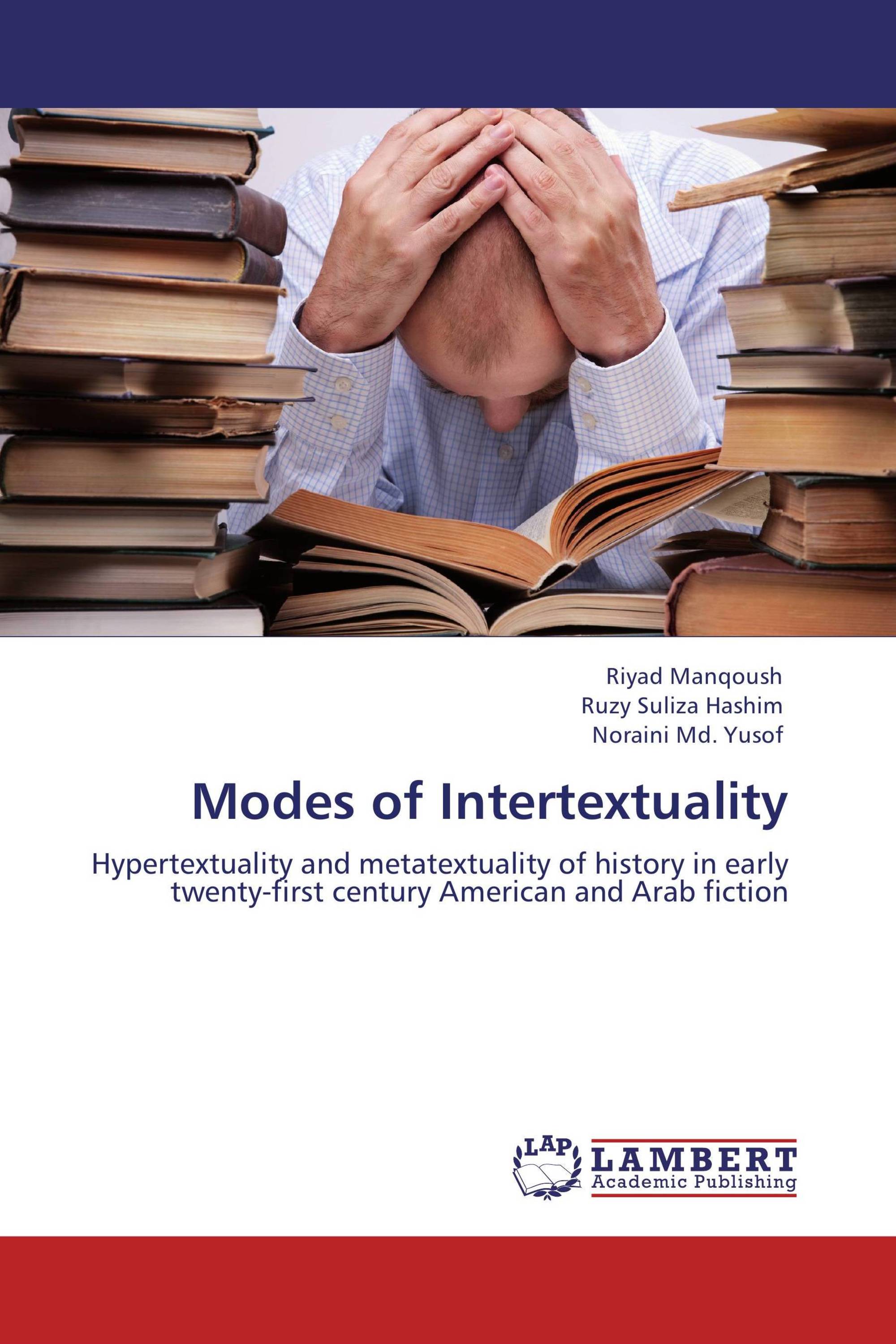Modes of Intertextuality
Hypertextuality and metatextuality of history in early twenty-first century American and Arab fiction
LAP Lambert Academic Publishing ( 2011-08-29 )
€ 79,00
The repercussions of September 11, 2001, and the US occupation of Iraq, 2003, provide the backdrop in a number of American and Arab fiction. This book compares two novels each from the American and Arab literary traditions to examine their use of history as an intertext. John Updike’s Terrorist (2006), Lorraine Adams’ Harbor (2004), Hussein al-Saqqaf’s Qissat Irhabi (2007) and Mohammad Ismail’s Sahra al-Mawt wa al-Salam (2005) employ events of 9/11 and the US occupation of Iraq to show differing ideologies at play. In the analysis of these novels, the comparative paradigm and the interdisciplinary approach have been combined to be used as the methodology, and the theory of intertextuality has been utilised as the tool of analysis. By appropriating the modes of intertextuality—hypertextuality and metatextuality—in the four narratives, the book exposes the ways in which dissimilar American and Arab ideologies are played out in these literary texts. While American fiction shows Islamophobic and Arabophobic traits, Arab fiction displays characteristics of Americophobia and Judeophobia.
Book Details: |
|
|
ISBN-13: |
978-3-8454-3019-5 |
|
ISBN-10: |
3845430192 |
|
EAN: |
9783845430195 |
|
Book language: |
English |
|
By (author) : |
Riyad Manqoush |
|
Number of pages: |
256 |
|
Published on: |
2011-08-29 |
|
Category: |
General and comparative literature science |




